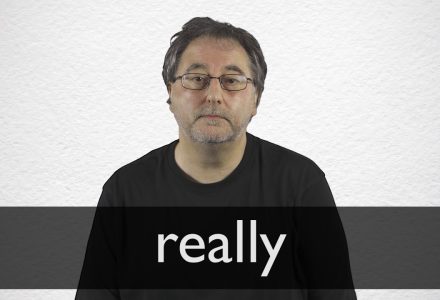When is the best time to set a test?
- Before being taught the knowledge – pretesting
- Whilst being taught the knowledge – pretresting and some interim retrieval
- After being taught the knowledge – retrieval
- All of the above – pretesting, interim retrieval and retrieval
Answers 1 and 2 just do not seem plausible. Therefore answer 4 is discounted. Therefore the most sensible answer is 3 – after being taught the knowledge.
Shall we throw in a little hypercorrection effect? Wrong.
The correct answer is 4. Here is why.
Directly comparing both opportunities, post-testing and pre-testing relative to an extended reading condition, on a retention test 7 days later, Latimier et al., (2019) reported both posttesting (d = 0.74) and pre-testing effects (d = 0.35) benefitted learning. Todd et al, (2021) from students completing more than 50% of the retrieval quizzes performed significantly better (i.e., more than a half letter grade) on the cumulative final exam than those who were below 50% participation.
Why might that be?
Pretesting benefits from test-potentiated learning. What does that mean? It means that following pretesting students pay more attention, primed to look out or tune in for the knowledge or information (cocktail party effect) recently tested. Another possible hypothesis is that students are invested in searching for correct answers.
It is conceivable, then, that the pretesting advantage is an indirect effect, as much, if not more, than it is a direct effect of testing.
And as for the “really” image. That really is the “really thumbnail.”
This post is dedicated to a fantastic physica colleague – thank you.
Latimier, A., Riegert, A., Peyre, H., Ly, S. T., Casati, R., & Ramus, F. (2019). Does pre-testing promote better retention than post-testing?. NPJ science of learning, 4, 15. https://doi.org/10.1038/s41539-019-0053-1
Todd, K., Therriault, D.J., & Angerhofer, A. (2021). Improving students’ summative knowledge of introductory chemistry through the forward testing effect: examining the role of retrieval practice quizzing. Chemistry Education Research and Practice.



